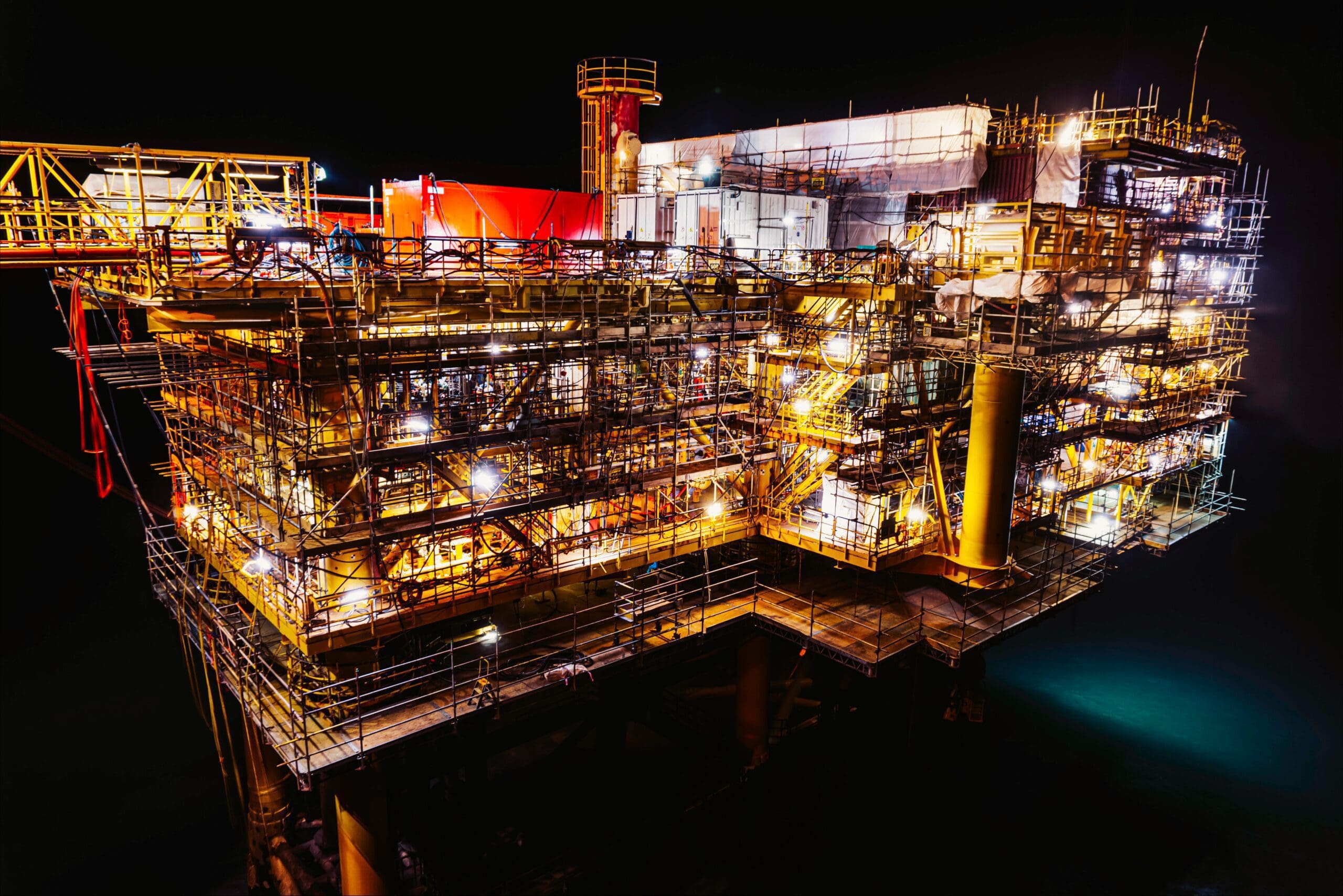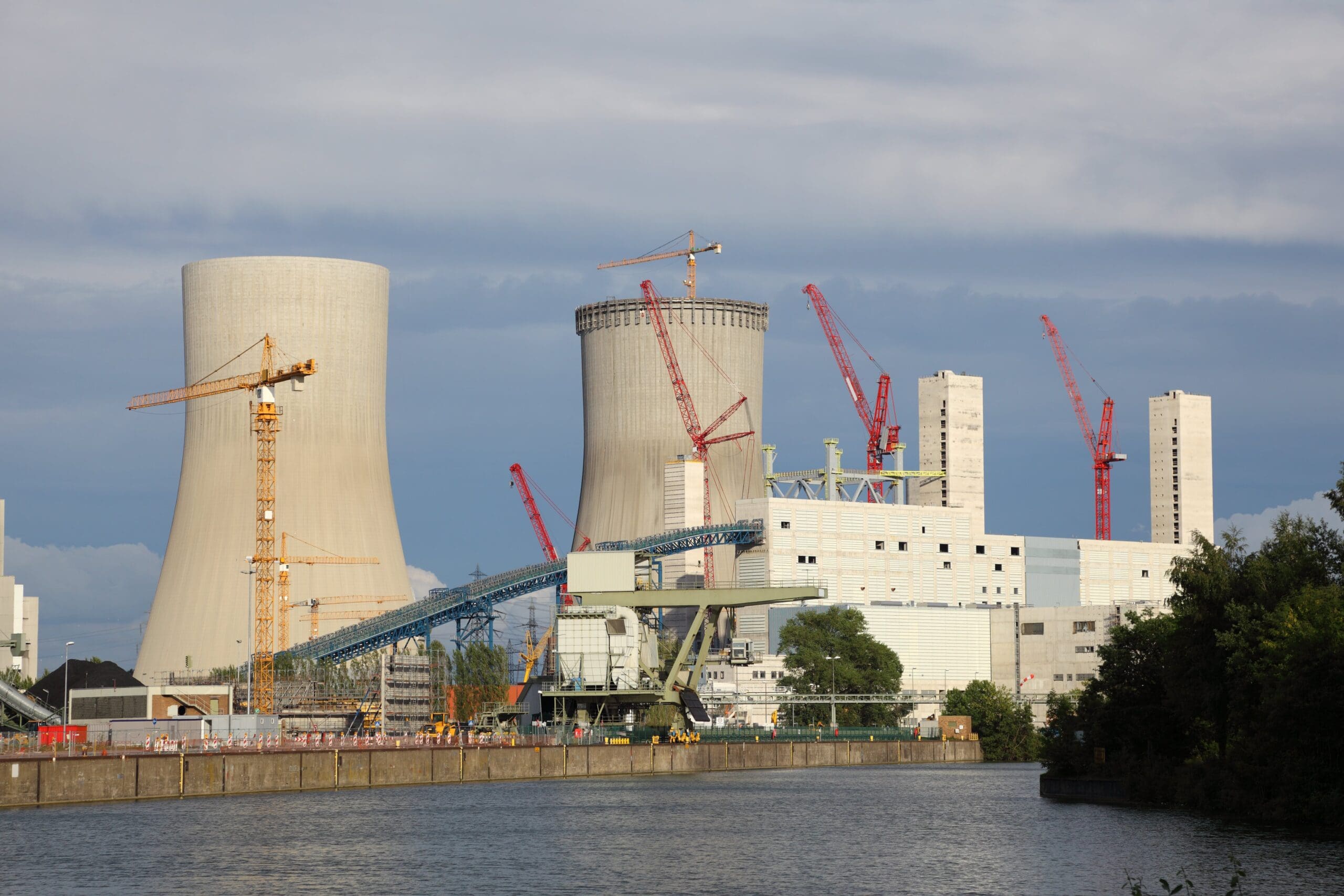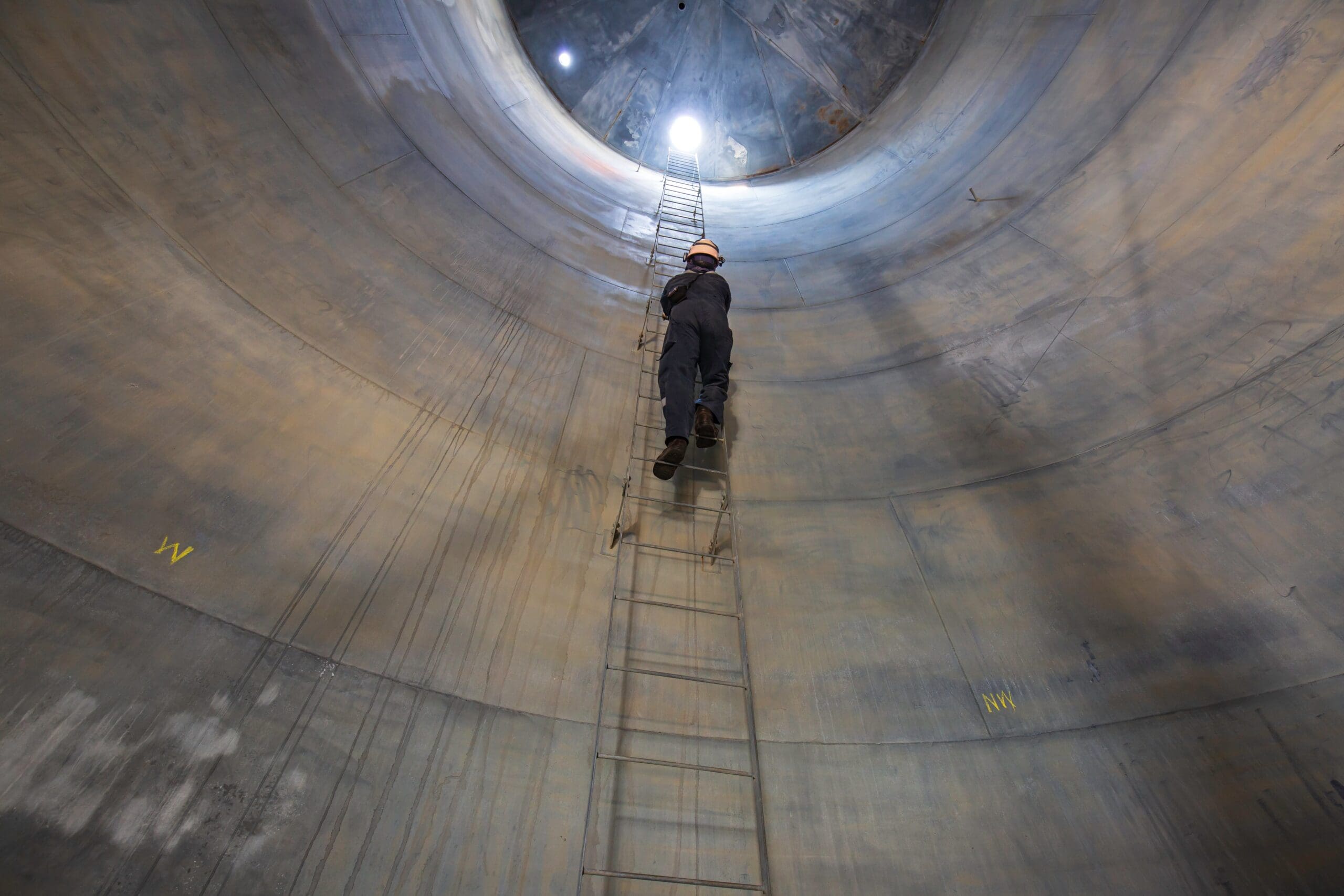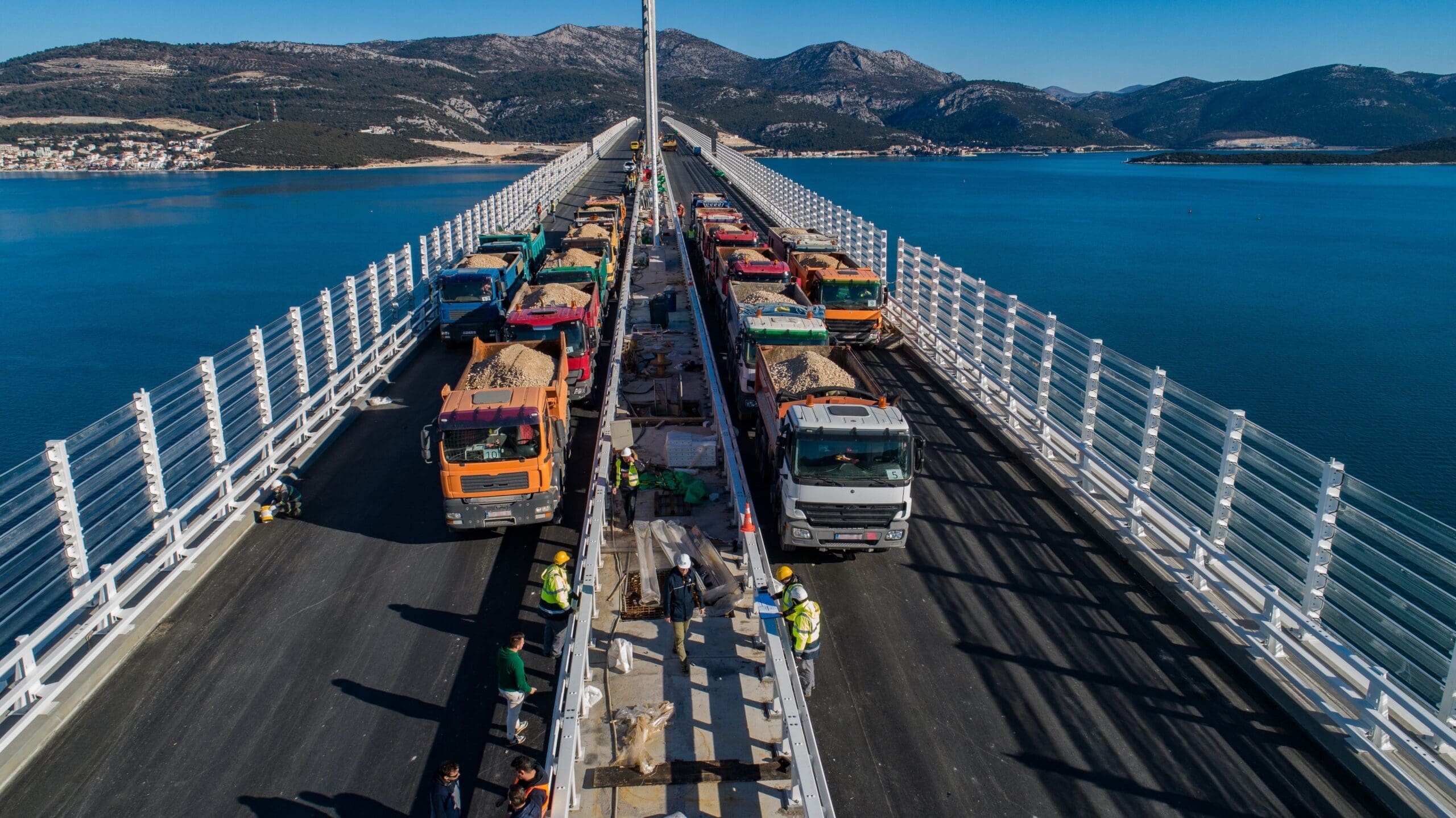Infrastructure Engineering Solutions
Structural Investigations, Testing and NDT
Safeguard your infrastructure’s structural integrity with our comprehensive range of investigations, Concrete Testing, Load Testing, and Non-Destructive Testing (NDT) services.
Explore specialist sub-services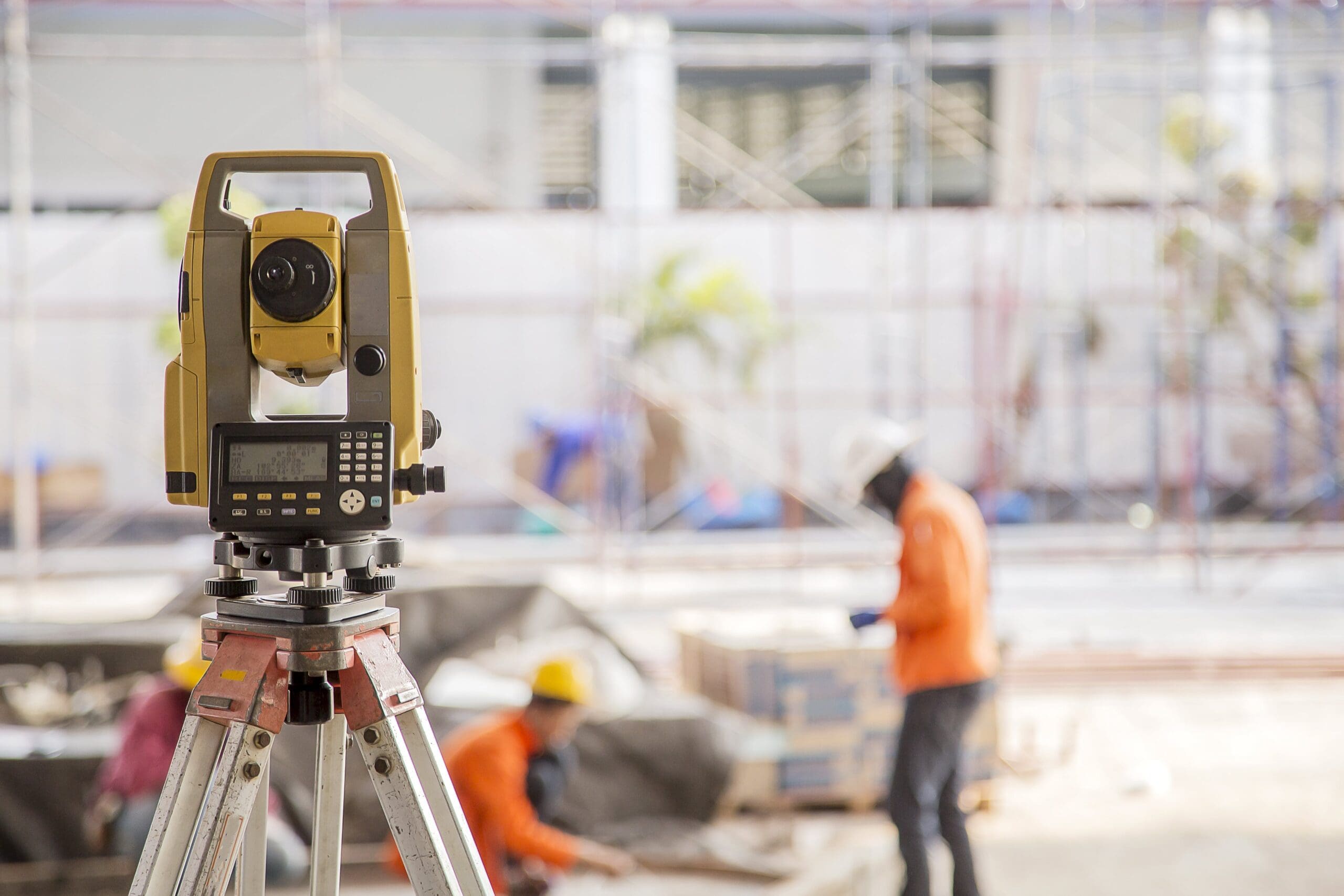
Interested? Let’s talk.
Send us an enquiry
Who we’ve partnered with...





A snapshot of our Structural Investigations
We use a range of testing methods, both non-destructive and intrusive, to assess structural conditions and identify issues. Our team specialises in challenging environments, offering expertise in rope access, diving, and confined spaces. We enhance our inspections with cutting-edge technologies, including UAVs, sonar, and digital scanning, improving both efficiency and accuracy. Clear reports are provided with results interpretation.
Concrete Testing
Ensure the structural integrity and durability of concrete, essential for maintaining the safety and reliability of your infrastructure.
Load Testing
Our Load Testing services assess the performance and safety of structural elements under various loads, verifying that infrastructure can handle real-world demands.
Asbestos Management
Our asbestos management services focus on safely identifying, removing, and disposing of asbestos-containing materials.


Let's talk about Structural Investigations, Testing and NDT
Send us an enquiry
Not seeing what you expected?
Try using our search
Explore what our clients say
Sectors we service
Dive into the diverse landscapes where BES Group sparks innovation and drives impact.


Structural Investigations, Testing and NDT at BES Group
Explore all sub-services- Post-Tensioned Special Investigations
- Coring Investigations and Analysis
- Key benefits
We have the capabilities, experience, and skills to carry out all aspects of risk reviews, risk assessments, inspections, and site investigations for concrete structures.
We use a combination of destructive and non-destructive testing methods to assess the condition of structures and identify any potential problems.
Our services include:
- Risk reviews: We review historical records, drawings, and other information to identify potential hazards and assess the risks associated with them.
- Risk assessments: We conduct detailed risk assessments that take into account all of the relevant factors, such as the design, construction, and maintenance history of the structure, as well as the environmental conditions in which it is located.
- Inspections: We carry out detailed inspections of structures to identify any visible defects or damage. We also use a variety of non-destructive testing methods to assess the condition of the structure without damaging it.
- Site investigations: In some cases, we may need to carry out intrusive site investigations, such as coring, to obtain more detailed information about the condition of the structure.
- In-Situ Stress Measurement: We can use a variety of methods to measure the stresses in existing structures.
- Interpretation of results: We interpret the results of our inspections and site investigations to assess the condition of the structure and identify any potential problems. We also provide our clients with recommendations for managing the risks associated with their structures.
Coring is a non-destructive testing (NDT) method used to extract cylindrical samples of concrete from a structure.
Coring can be used for a variety of purposes, including:
- To assess the compressive strength of concrete
- To test for the presence of chemicals or other contaminants
- To sample reinforcement
- To inspect voids or structural elements
- To establish foundation depth
We offer two types of coring services:
Core sampling
Core samples are sent to a laboratory for testing. Tests that can be performed on core samples include compressive strength testing, chemical analysis, reinforcement sampling, and petrographic testing.
Structural details
Coring can be used to inspect voids or structural elements, or to establish foundation depth.
Enhanced Structural Integrity
Identifying weaknesses early helps improve the safety and longevity of infrastructure.
Cost-Effective Solutions
Non-destructive testing (NDT) saves costs by avoiding unnecessary repairs and replacements.
Compliance Assurance
Meets industry regulations and standards, ensuring structures are compliant with safety protocols.
Precision and Reliability
Advanced testing methods offer accurate data, facilitating better decision-making for structural maintenance and repairs.
-
Post-Tensioned Special Investigations
We have the capabilities, experience, and skills to carry out all aspects of risk reviews, risk assessments, inspections, and site investigations for concrete structures.
We use a combination of destructive and non-destructive testing methods to assess the condition of structures and identify any potential problems.
Our services include:
- Risk reviews: We review historical records, drawings, and other information to identify potential hazards and assess the risks associated with them.
- Risk assessments: We conduct detailed risk assessments that take into account all of the relevant factors, such as the design, construction, and maintenance history of the structure, as well as the environmental conditions in which it is located.
- Inspections: We carry out detailed inspections of structures to identify any visible defects or damage. We also use a variety of non-destructive testing methods to assess the condition of the structure without damaging it.
- Site investigations: In some cases, we may need to carry out intrusive site investigations, such as coring, to obtain more detailed information about the condition of the structure.
- In-Situ Stress Measurement: We can use a variety of methods to measure the stresses in existing structures.
- Interpretation of results: We interpret the results of our inspections and site investigations to assess the condition of the structure and identify any potential problems. We also provide our clients with recommendations for managing the risks associated with their structures.
-
Coring Investigations and Analysis
Coring is a non-destructive testing (NDT) method used to extract cylindrical samples of concrete from a structure.
Coring can be used for a variety of purposes, including:
- To assess the compressive strength of concrete
- To test for the presence of chemicals or other contaminants
- To sample reinforcement
- To inspect voids or structural elements
- To establish foundation depth
We offer two types of coring services:
Core sampling
Core samples are sent to a laboratory for testing. Tests that can be performed on core samples include compressive strength testing, chemical analysis, reinforcement sampling, and petrographic testing.
Structural details
Coring can be used to inspect voids or structural elements, or to establish foundation depth.
-
Key benefits

Enhanced Structural Integrity
Identifying weaknesses early helps improve the safety and longevity of infrastructure.

Cost-Effective Solutions
Non-destructive testing (NDT) saves costs by avoiding unnecessary repairs and replacements.

Compliance Assurance
Meets industry regulations and standards, ensuring structures are compliant with safety protocols.

Precision and Reliability
Advanced testing methods offer accurate data, facilitating better decision-making for structural maintenance and repairs.
Frequently asked questions
Why is asbestos surveying important?
Asbestos is a known carcinogen that can cause serious health problems, including lung cancer and mesothelioma. Asbestos surveys are essential for identifying and managing the risks associated with ACMs.
Why is concrete testing important?
Concrete testing is important to identify any potential problems with concrete structures before they cause serious damage or failure. Concrete can be damaged by a variety of factors, including corrosion, fatigue, and overloading. Concrete testing can help to identify these problems early on, so that they can be repaired before they cause any major problems.
Why is Coring important?
Coring is an important tool for assessing the condition of concrete structures. It can be used to identify potential problems, such as low compressive strength, corrosion of reinforcement, or voids in the concrete. Coring can also be used to confirm the design of a structure or to investigate the cause of damage.
Why are Post Tensioned Special Investigations important?
Risk reviews, risk assessments, inspections, and site investigations are essential for identifying and managing the risks associated with concrete structures. Concrete structures can be damaged by a variety of factors, including corrosion, fatigue, and overloading. By identifying any potential problems early on, these investigations can help to prevent serious damage or failure.
Let’s talk. Ask us anything.
Send one of the team a message
Insights & news
Browse our latest articles
Other similar services...
Looking for something else? Explore similar services...
Let’s get you to the right person, fast.
Thank you, enquiry submitted!
Please check your inbox. We have sent you an email receipt of your enquiry.
We treat every enquiry with the upmost urgency. We’ll aim to get in touch with the relevant BES Group specialist and get back to you as soon as possible*.
Thank you again and have a great day.
 About BES Group
About BES Group Accreditations & Credentials
Accreditations & Credentials Our Environmental, Social & Governance
Our Environmental, Social & Governance Careers at BES Group
Careers at BES Group Our Senior Leadership Team
Our Senior Leadership Team










